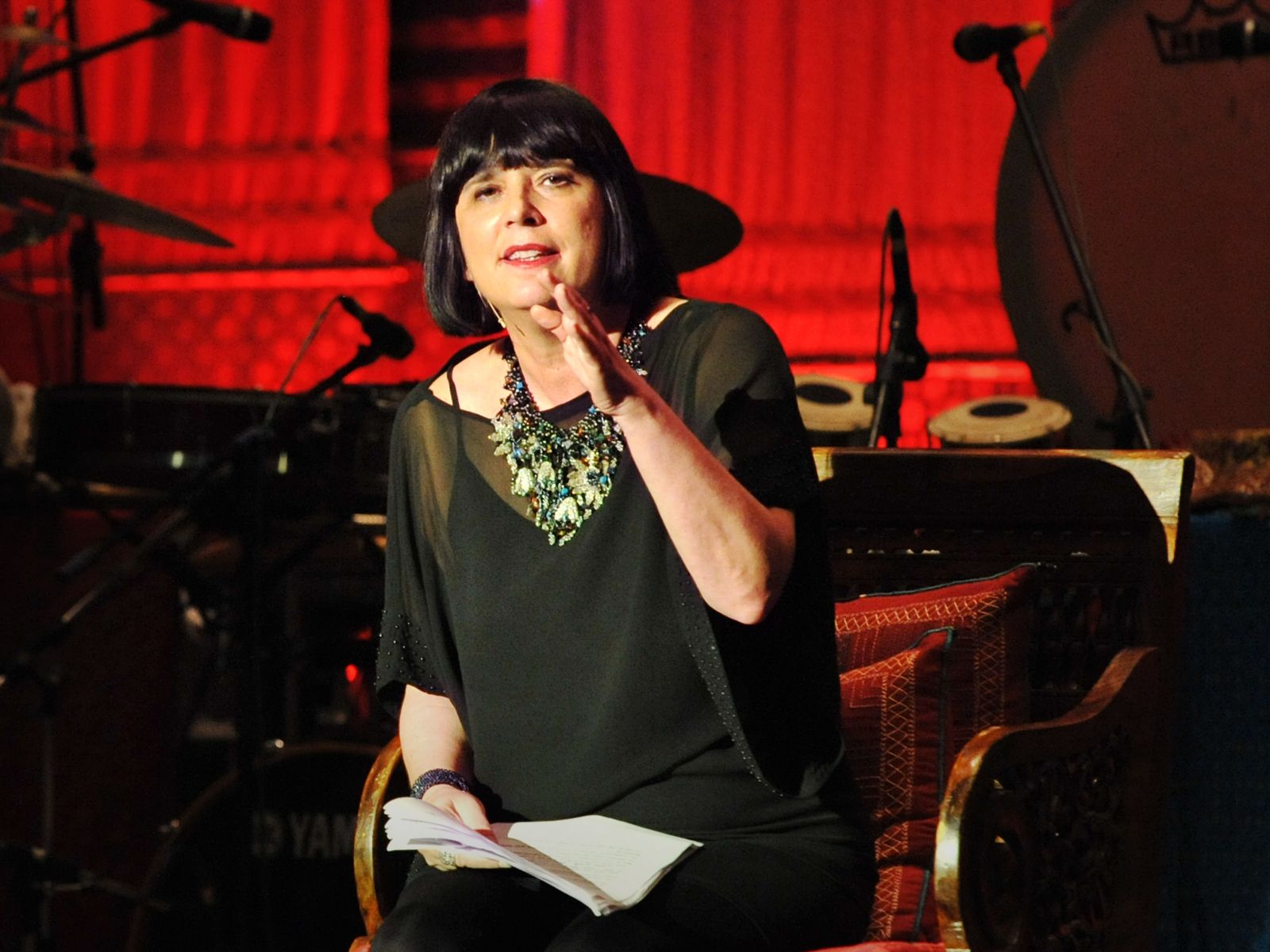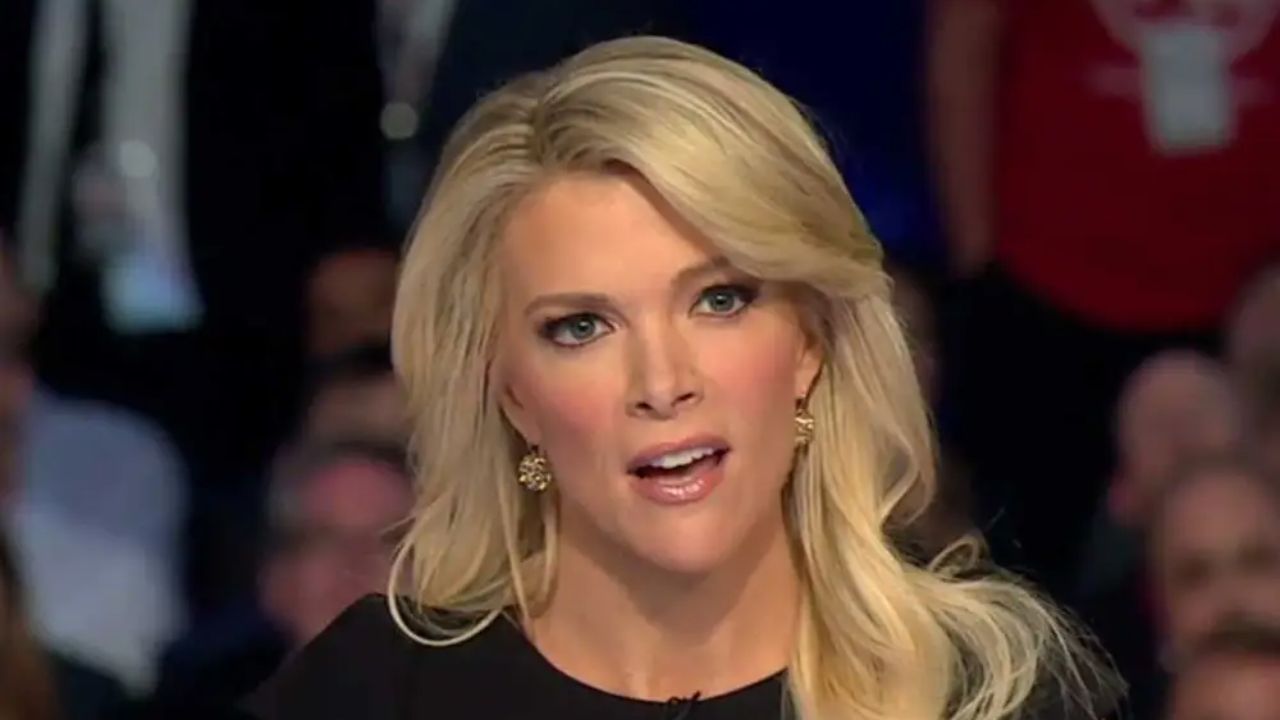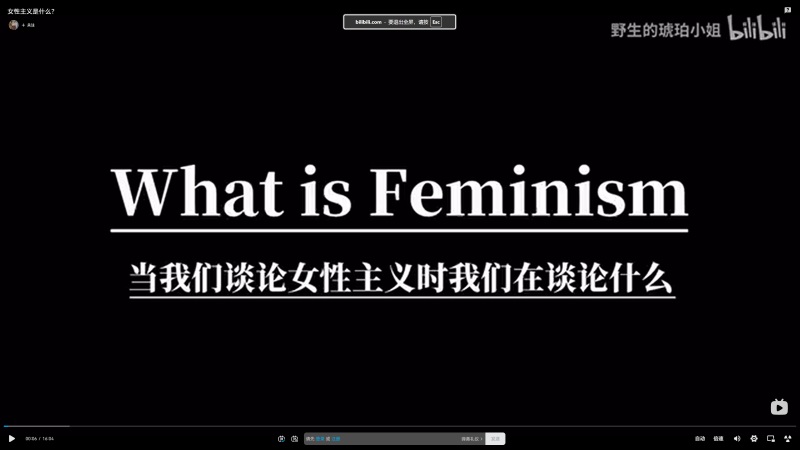An invitation to men who want a better world for women
Video Description
In this TEDWomen talk, Elizabeth Nyamayaro introduces the HeForShe campaign and calls on men to actively participate in the global fight for gender equality. Drawing from her personal experience and UN advocacy, she emphasizes shared humanity and collective responsibility in dismantling patriarchal systems.
Related Topics
Elizabeth Nyamayaro stands before the TEDWomen audience not just as a UN official, but as a living testament to the transformative power of human solidarity. Her presence commands attention—here is a woman who has journeyed from the edge of starvation in rural Zimbabwe to the corridors of global power, carrying with her a message that challenges one of the most persistent assumptions about feminism: that it is exclusively a women’s movement. Through her leadership of the HeForShe campaign, Nyamayaro extends an invitation that is both radical and compassionate, asking men not just to support gender equality but to recognize their essential role in achieving it.
The power of Nyamayaro’s appeal lies first in her personal narrative, which she shares with remarkable vulnerability. She takes us back to her eight-year-old self, lying on the ground in her village, too weak from hunger to move. Zimbabwe was in the grip of one of its worst droughts, and death seemed imminent. Then, in what she describes as a moment that changed everything, a young woman in a blue uniform—a UN aid worker—appeared. This stranger knelt beside her, gave her porridge, and quite literally saved her life. But more than physical salvation, this moment planted a seed of understanding about our fundamental interconnectedness as human beings.
This childhood experience becomes the philosophical foundation for Nyamayaro’s approach to gender equality. The woman who saved her didn’t know her name, her family, or her story. She helped because of a basic recognition of shared humanity—what Nyamayaro beautifully articulates through the African concept of Ubuntu: “I am because you are.” This philosophy reframes gender equality not as a zero-sum game where men must lose for women to gain, but as a collective human imperative where everyone’s liberation is bound together.
The HeForShe campaign, which Nyamayaro spearheads, represents a paradigm shift in how we approach gender equality movements. Launched in 2014, it explicitly invites men and boys to become agents of change rather than passive bystanders or, worse, perceived enemies. The campaign’s genius lies in its recognition that sustainable social transformation requires the participation of those who hold power, not just those who lack it. By the time of her talk, the movement had already generated 2.4 billion social media conversations, demonstrating a hunger for this inclusive approach to feminism.
Nyamayaro’s analysis of why men’s participation is crucial goes beyond moral arguments to practical realities. She points out that men still hold the majority of political, economic, and social power globally. In most countries, men dominate parliaments, boardrooms, and religious institutions. These are the spaces where policies are made, resources are allocated, and cultural norms are shaped. Without men actively working to dismantle patriarchal structures from within these power centers, progress toward equality will remain frustratingly slow.
But Nyamayaro is careful not to position men simply as saviors or heroes. Instead, she frames their participation as both a responsibility and an opportunity for their own liberation. She understands that patriarchy constrains men too, forcing them into rigid roles that deny their full humanity. The same system that tells women they are too weak to lead tells men they are too strong to cry. The same culture that limits women’s professional opportunities burdens men with the crushing expectation to be sole providers. Gender equality, in Nyamayaro’s vision, offers freedom for everyone.
The campaign’s approach is strategically brilliant in its psychological insight. Rather than beginning with accusation or blame, which often triggers defensiveness, HeForShe starts with invitation and possibility. It asks men to envision the world they want for their daughters, sisters, mothers, and partners. It appeals to their sense of justice and their capacity for empathy. This positive framing has proven far more effective at creating allies than approaches that emphasize guilt or complicity.
Nyamayaro provides concrete examples of men who have already stepped up as HeForShe champions. She mentions heads of state, CEOs, and cultural leaders who have made public commitments to gender equality. These high-profile endorsements matter because they challenge the perception that feminism is anti-male or that supporting women’s rights somehow diminishes masculinity. When powerful men advocate for gender equality, they give other men permission to do the same.
The talk also addresses one of the most persistent obstacles to male participation in feminism: the fear of making mistakes or saying the wrong thing. Nyamayaro acknowledges that the gender equality space can feel like a minefield for men who want to help but don’t know how. Her response is generous and practical: start where you are, use what you have, do what you can. She emphasizes that perfect knowledge isn’t required for action. What matters is genuine commitment to learning and growing.
Nyamayaro’s discussion of violence against women demonstrates why male allyship isn’t optional but urgent. She presents stark statistics: one in three women globally will experience physical or sexual violence in their lifetime, most often at the hands of men they know. This epidemic of violence won’t end through women’s actions alone—it requires men to challenge the attitudes and behaviors that enable abuse. It requires fathers to model respect for women, friends to intervene when they witness harassment, and leaders to create consequences for perpetrators.
The economic arguments Nyamayaro presents are equally compelling. She cites research showing that gender equality isn’t just morally right but economically smart. Countries with greater gender equality have higher GDPs, companies with diverse leadership perform better, and families where both parents can pursue careers have greater financial stability. These facts help reframe gender equality from a women’s issue to a societal opportunity that benefits everyone.
What makes Nyamayaro’s presentation particularly effective is her ability to maintain hope without naivety. She doesn’t minimize the magnitude of the challenge or pretend that change will be easy. She acknowledges the deep roots of patriarchy, the resistance to change, and the backlash that often greets progress. Yet she remains fundamentally optimistic about human capacity for transformation. Her own life story is proof that radical change is possible.
The HeForShe campaign’s digital strategy reflects sophisticated understanding of how social movements spread in the 21st century. The campaign created simple, shareable actions that allow people to participate regardless of their location or resources. A man in Sweden can make the same HeForShe commitment as one in Senegal. This democratization of activism has helped the movement reach corners of the world where traditional feminist organizations might struggle to penetrate.
Nyamayaro also addresses the intersectional nature of gender inequality, though she doesn’t always use that specific term. She acknowledges that women face different challenges based on their race, class, nationality, and other factors. A wealthy woman in New York faces different barriers than a rural woman in Nepal. This recognition is crucial for building a truly global movement that doesn’t replicate the exclusions of earlier feminist waves.
The talk’s emphasis on storytelling as a tool for change reflects deep cultural wisdom. Nyamayaro understands that statistics and arguments, while important, rarely change hearts. Stories do. By sharing her own story and encouraging others to share theirs, she creates emotional connections that transcend intellectual understanding. When a man hears how gender inequality has hurt women he loves, abstract concepts become personal realities.
Nyamayaro’s vision extends beyond individual transformation to institutional change. She calls for reforms in education systems that perpetuate gender stereotypes, legal systems that fail to protect women’s rights, and economic systems that undervalue women’s contributions. But she insists these institutional changes must be accompanied by cultural shifts. Laws alone don’t create equality; they must be supported by changed attitudes and behaviors.
The religious dimension of Nyamayaro’s work deserves special attention. She navigates the sensitive territory of faith-based resistance to gender equality with remarkable skill. Rather than dismissing religious concerns, she engages with faith leaders to find common ground. She points out that most religious traditions contain teachings about human dignity and justice that align with gender equality principles. This respectful engagement has opened doors that confrontational approaches might have kept closed.
As Nyamayaro concludes her talk, she returns to the image of that UN aid worker who saved her life. That woman probably never knew the full impact of her action—how one act of compassion would inspire a career dedicated to justice, how one saved life would go on to touch millions. This reminds us that we rarely see the full ripple effects of our choices. Every man who chooses to support gender equality, every boy who learns to respect women, every person who challenges sexist behavior creates ripples that extend far beyond what they can see.
The lasting impact of Nyamayaro’s message lies in its fundamental reframing of gender equality from a battle between sexes to a shared human project. She shows us that feminism isn’t about women winning and men losing, but about all of us winning by creating a world where everyone can reach their full potential. Her invitation to men isn’t to give up power but to use it differently—not for domination but for liberation, not for control but for collaboration.
Years after this talk, the HeForShe movement continues to grow, adapting to new challenges and opportunities. The COVID-19 pandemic, which disproportionately impacted women, made male allyship even more crucial. The global reckoning around racial justice has highlighted the need for intersectional approaches to gender equality. Through it all, Nyamayaro’s core message remains relevant: gender equality isn’t just a women’s issue—it’s a human issue that requires all of us to act.
In extending her invitation to men, Nyamayaro offers them something profound: the opportunity to be on the right side of history, to be part of what may be the most significant human rights movement of our time. She asks them to imagine looking back decades from now and knowing they helped create a world where their daughters have the same opportunities as their sons, where their partners are valued equally, where violence against women is unthinkable rather than commonplace. This is not just an invitation to support women—it’s an invitation to help build a better world for everyone.
Video Info
Comments & Discussion
Discuss this video with other viewers
Join the Discussion
Discuss this video with other viewers
Loading comments...


